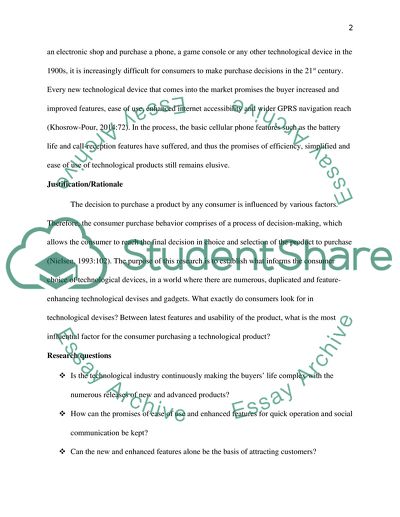Cite this document
(“Consumer behavior Research Proposal Example | Topics and Well Written Essays - 1500 words”, n.d.)
Consumer behavior Research Proposal Example | Topics and Well Written Essays - 1500 words. Retrieved from https://studentshare.org/marketing/1662440-consumer-behavior
Consumer behavior Research Proposal Example | Topics and Well Written Essays - 1500 words. Retrieved from https://studentshare.org/marketing/1662440-consumer-behavior
(Consumer Behavior Research Proposal Example | Topics and Well Written Essays - 1500 Words)
Consumer Behavior Research Proposal Example | Topics and Well Written Essays - 1500 Words. https://studentshare.org/marketing/1662440-consumer-behavior.
Consumer Behavior Research Proposal Example | Topics and Well Written Essays - 1500 Words. https://studentshare.org/marketing/1662440-consumer-behavior.
“Consumer Behavior Research Proposal Example | Topics and Well Written Essays - 1500 Words”, n.d. https://studentshare.org/marketing/1662440-consumer-behavior.


